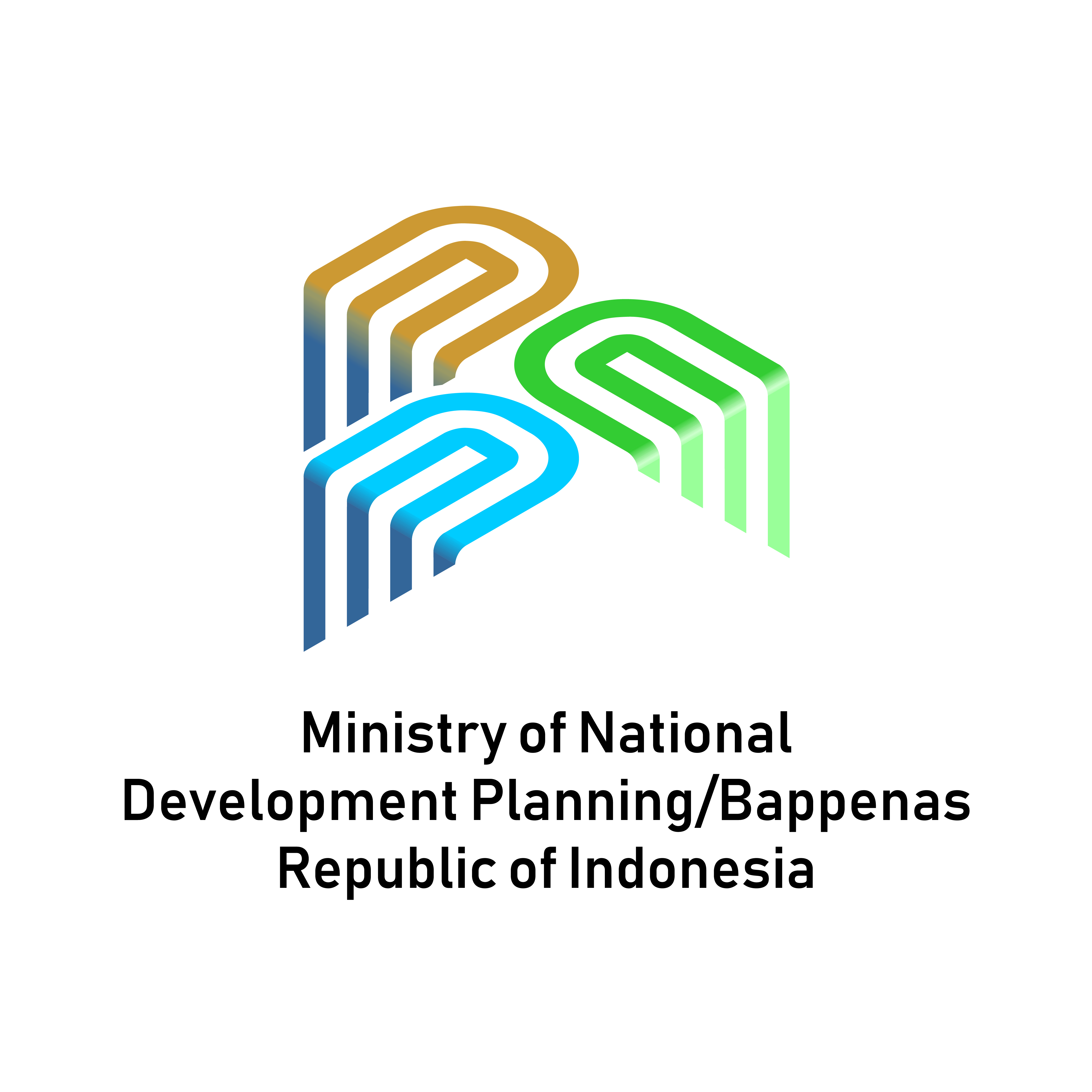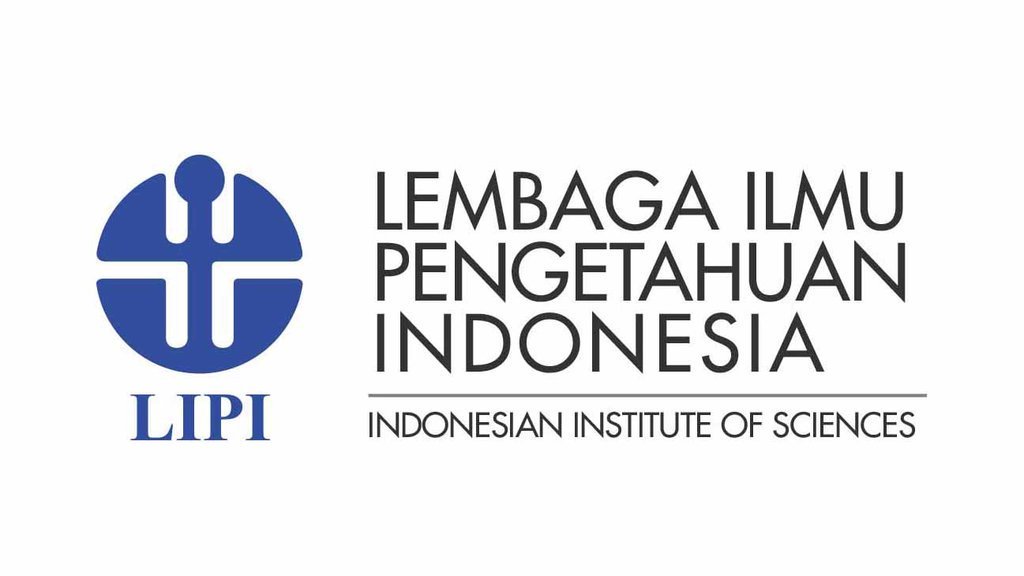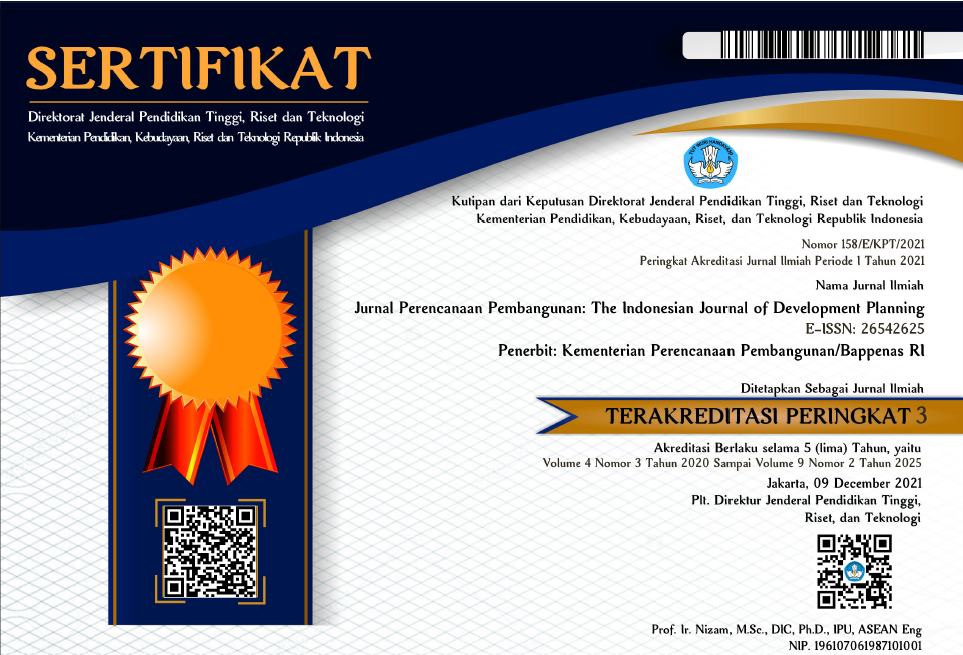Critical Success Factors of Electronic Procurement Implementation in The Ministry of National Development Planning/Bappenas Republic of Indonesia
DOI:
https://doi.org/10.36574/jpp.v3i1.60Keywords:
Bappenas, electronic procurement (e-procurement), Successful e-procurement implementation, Critical Success Factors (CSF), public procurement, Exploratory Factor Analysis (EFA)Abstract
Since the implementation of the public procurement system faces many challenges, the government started implementing electronic government procurement (e-procurement) as the government policy to provide better public procurement. The aims of e-procurement system was to make the purchasing process of goods and services more economical, efficient, and effective, to reduce corruption and conspiracy and to increases transparency and accountability as well. For these reasons, this research aimed to describe the implementation of e-procurement and identify the Critical Success Factors (CSFs) which supported the successful implementation of e-procurement in ministerial level. The preliminary research recommended the Ministry of National Development Planning/National Development Planning Agency (Bappenas) to be the research’s location. This research implemented sequential exploratory mixed method design. This method combined the qualitative research to analyze the successful implementation of e-procurement in Bappenas and the quantitative research with Exploratory Factor Analysis (EFA) to identify the CSFs’ influences toward the successful e-procurement implementation in Bappenas. The results show that Bappenas succeeded in implementing the values and principles of e-procurement in practice. Furthermore, the result of EFA shows that the successful e-procurement implementation in Bappenas was influenced by the eight Critical Success Factors, namely: the e-procurement system (13.34%), the system security (12.48%), education and training (11.75%), top management support (11.63%), re-engineering business process (8.82%), change management (8.54%), the e-procurement strategy (7.78%) and competence and capable providers (6.84%). The methodology and result of this research could have significance for the government institutions in identifying the critical success factors to enhance the successful e-procurement implementation.
Downloads
Downloads
Published
How to Cite
Issue
Section
License
This is an open-access article distributed under the terms of the Creative Commons Attribution-NonCommercial-ShareAlike 4.0 International License. Copyright © Kementerian PPN/Bappenas RI


















